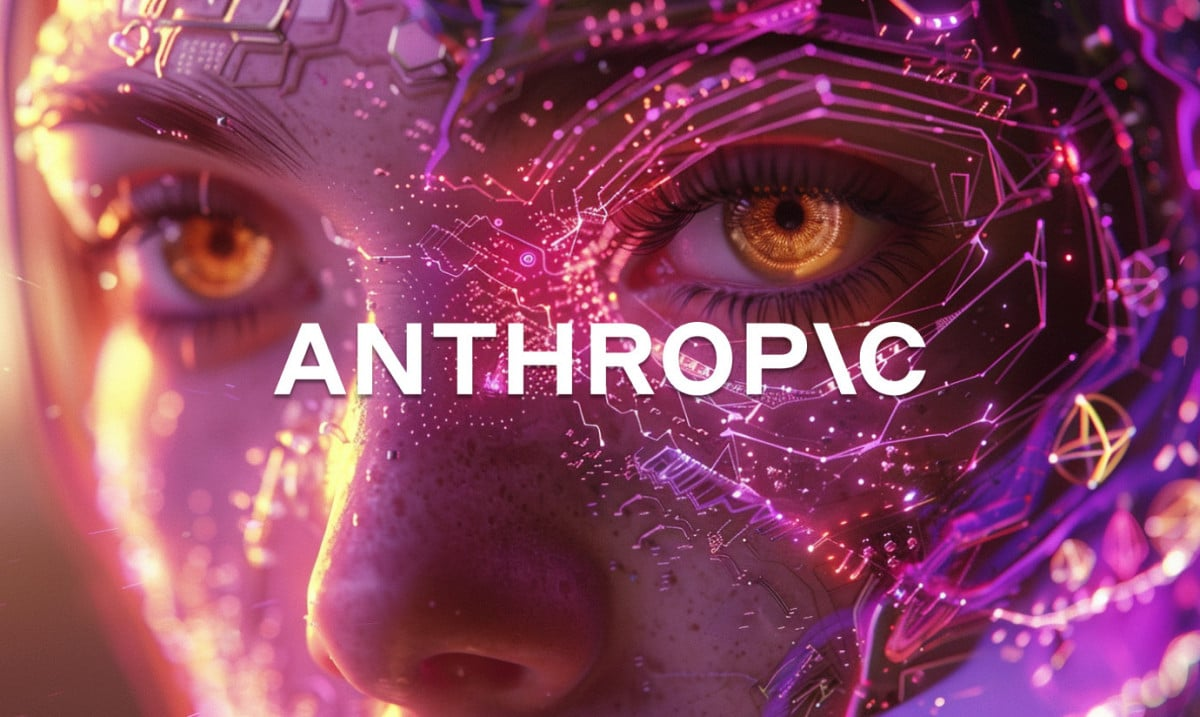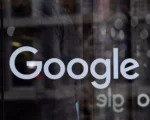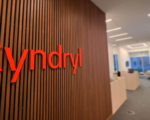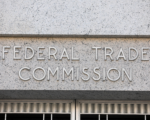Artificial intelligence company Anthropic has successfully defended itself against a motion to block its use of lyrics owned by Universal Music Group (UMG) and other publishers in training its AI-powered chatbot, Claude. A California federal judge ruled on Tuesday that the publishers’ request for a preliminary injunction was too broad and did not demonstrate that Anthropic’s actions had caused “irreparable harm.”
The Legal Dispute
The music publishers, including UMG, Concord, and ABKCO, filed a lawsuit against Anthropic in 2023, accusing the company of copyright infringement. The suit claims that Anthropic used lyrics from at least 500 songs—by artists such as Beyoncé, the Rolling Stones, and the Beach Boys—without permission to train its chatbot, Claude, which can generate human-like responses to prompts.
In rejecting the motion, U.S. District Judge Eumi Lee stated that the publishers had not shown that Anthropic’s actions had caused the alleged harm, particularly in terms of a potential impact on their licensing market. Judge Lee emphasized that the question of fair use, which remains a key issue in these lawsuits, was not addressed in this specific ruling.
Publishers’ Response and Future Outlook
While the judge’s decision was a setback, the publishers remained confident in their broader case against Anthropic. They expressed that they are “very confident” in their legal position moving forward.
Anthropic also responded positively, with a spokesperson noting their satisfaction that the court rejected the publishers’ “disruptive and amorphous request.”
Industry Context
This case is part of a broader legal trend involving the use of copyrighted material to train AI systems. Several tech companies, including OpenAI, Microsoft, and Meta Platforms, have faced similar lawsuits, with defendants arguing that their AI systems’ use of copyrighted works falls under “fair use” provisions of U.S. copyright law, which permits the study of materials to create new, transformative content.
While the legal questions around fair use will likely determine the outcome of these lawsuits, this particular ruling focused on the immediate request for an injunction, not the broader issue of copyright infringement.


















